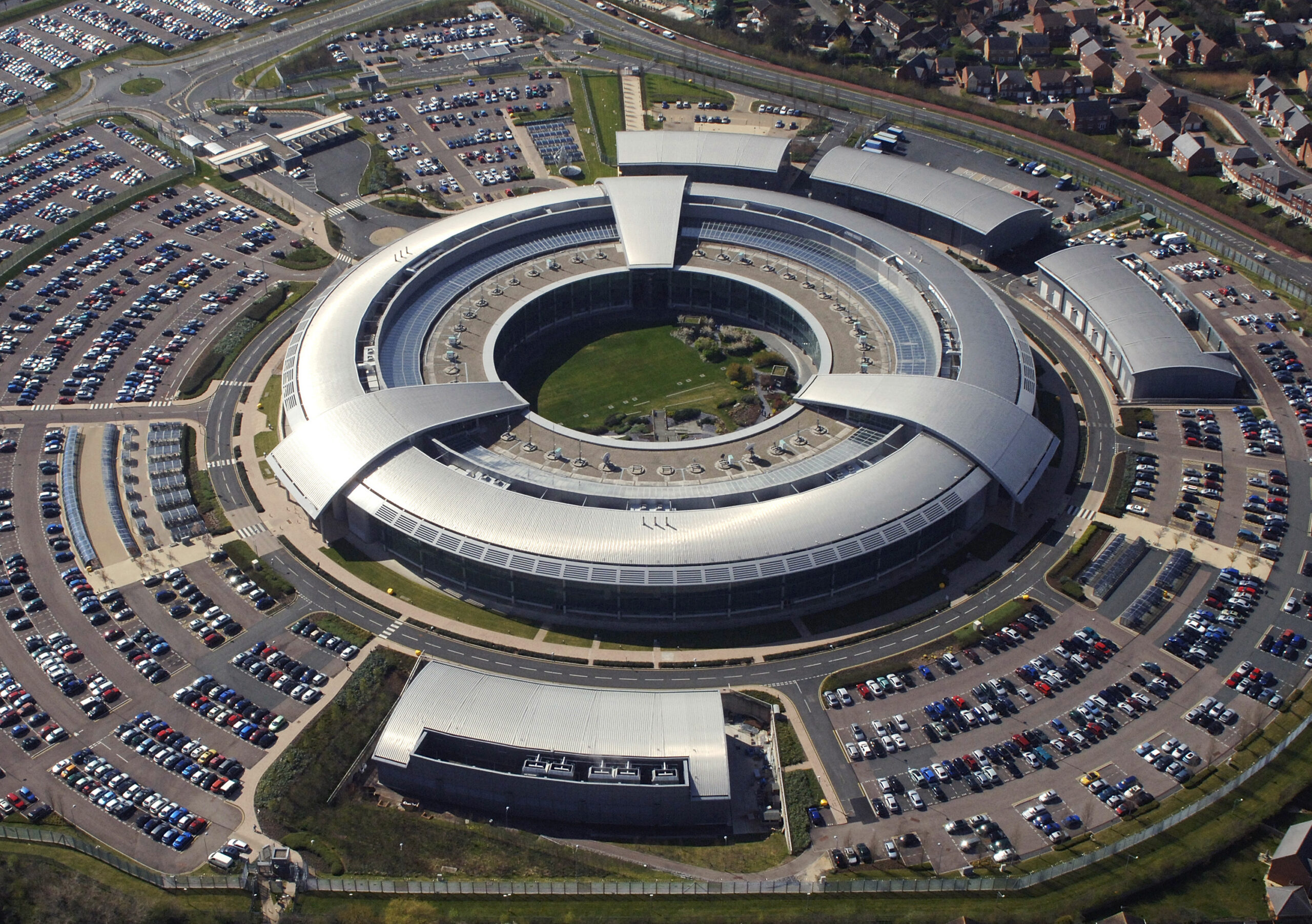Gavin Williamson wants technologists and journalists to sign up to help fight against the ‘age of disinformation’
Credit: Dominic Lipinski/PA Wire/PA Images
Gavin Williamson has called on journalists and people with IT and cyber skills to join the UK’s reserve forces to help tackle the “age of disinformation” being propagated by Russia.
The defence secretary argued the skills of tech-literate workers and reporters were “more relevant today than anything else”, when Britain’s enemies are using propaganda to “change the narrative”.
He issued a call to arms to those who can “really understand about getting messages across” and for the Armed Forces to do more to attract these people into the Army, Navy and Air Force.
In an interview with The House magazine, which will be published later this week, Williamson said: “We need to be asking the question of how you get the private sector more engaged in actually encouraging reservists, getting people to join the reserve forces. In this age where there’s so much disinformation, where Britain’s enemies will use Twitter, will use every angle they can do to change the narrative – people who’ve traditionally thought about joining reserve forces, we want them to come in – but actually, it’s looking to different people who maybe think, as a journalist, well what are my skills in terms of how are they relevant to the Armed Forces?
Related content
- UK and US authorities unite to ‘hold Russia to account’ for sustained cyber offensive
- MoD pledges to ‘put science and technology at the core of our Armed Forces’
- Government to ramp up social-media skills in bid to ‘tackle false information’ online
“Actually, they are more relevant today than anything else, having those skills, whether it be journalists, those people with amazing cyber and IT skills, those people with the ability to really understand about getting messages across. Warfare is evolving so much and it’s about trying to get a different generation, a different type of people to start thinking: ‘I’ve got something to add to my reserve forces’.”
He added: “We have to start changing the Armed Forces in terms of actually attracting those people as well. Sometimes people see the Armed Forces as being quite traditional in terms of its approach. We need to make sure that people in cyber are incredibly welcome. Those skills have a vital and pivotal part in terms of what we do as an army, navy and air force.
“It is interesting because so many people just don’t think about it, do they? Because they’re thinking [of] their skills: ‘are they relevant to the army, navy and air force?’ Whether it’s infantry or ground support, or learning to fly helicopters, or those who go on ships, they’re thinking those are the things that maybe don’t appeal.
“But in this disinformation age, this cyber age – people often look at cyber as something that’s separate. Actually, it’s completely relevant to every other different part of our services. It’s relevant to the army, navy and air force and it’s not just a separate realm in its own right.”
A report from the National Audit Office earlier this month found the number of full-time military personnel was 8,200 people short of the required level.
The analysis also found a 26% shortfall in the number of intelligence analysts.



